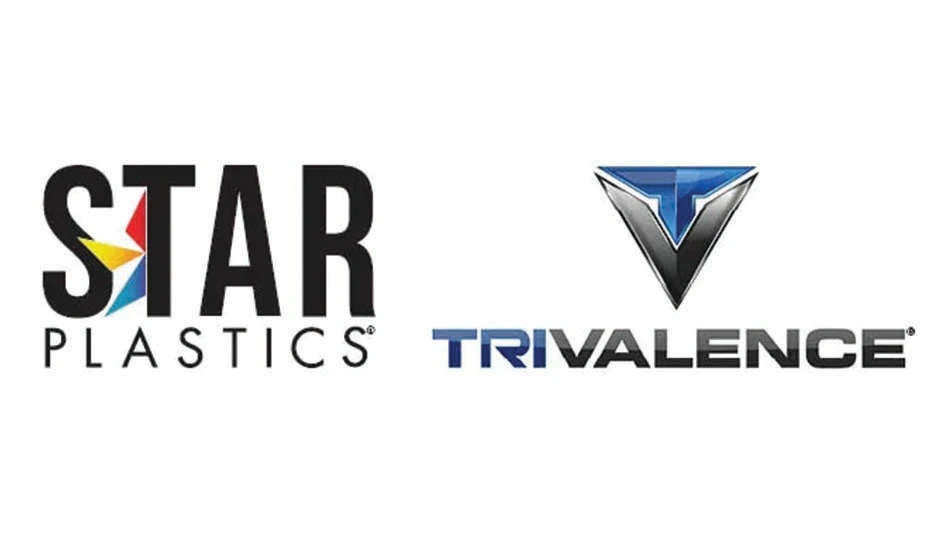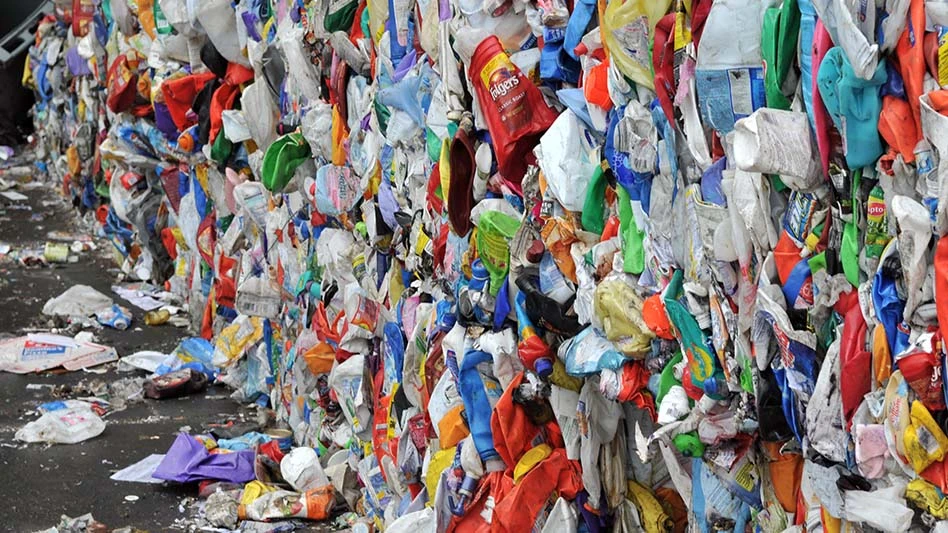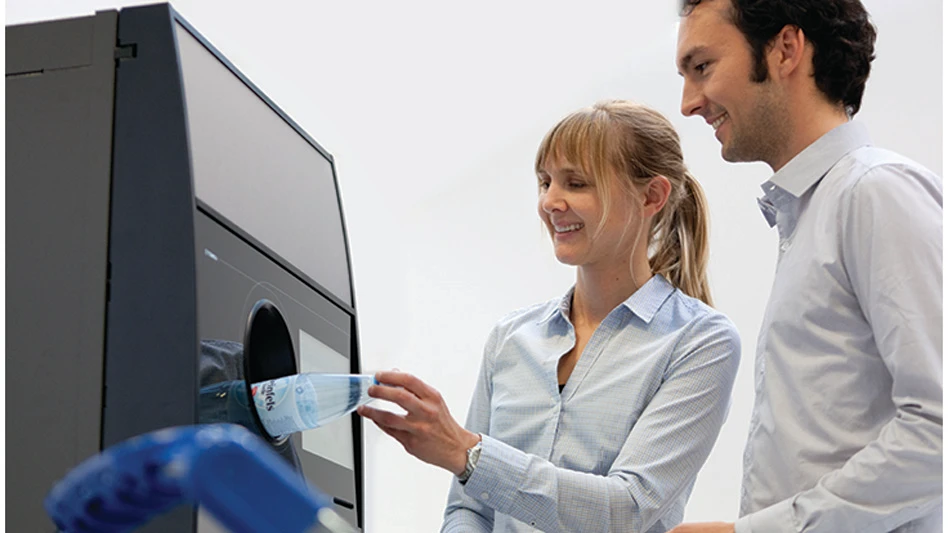
istockphoto.com
New York Gov. Andrew M. Cuomo has announced collaborations with three State University of New York (SUNY) colleges designed to develop solutions for local and statewide solid waste management and recycling. These partnerships with the University at Buffalo, SUNY College of Environmental Science and Forestry and Stony Brook University will focus on strategies to improve recycling and waste reduction to simultaneously strengthen New York's economy and protect the environment, according to a news release from the governor’s office.
Recycling markets have been experiencing volatility in part because of tightening import restrictions in Asia. The state’s Department of Environmental Conservation says it is working with key stakeholders and municipalities to strategize ways New York can bolster new markets and help municipalities address these challenges and build capacity in the state and in the northeast more generally.
"With ongoing changes to worldwide recycling markets threatening our efforts to reduce waste and protect our resources, this new collaboration will tackle these challenges head-on and will help ensure New York's legacy of environmental stewardship continues," Cuomo says. "We are working closely with some of our best academic institutions to develop strategies that will help make a cleaner, greener Empire State for all."
A total of $11.9 million from the state's Environmental Protection Fund will support the three SUNY institutions working with DEC on a series of initiatives designed to help municipalities and businesses streamline the recycling process, lower costs, improve public outreach strategies and protect the environment.
DEC Commissioner Basil Seggos says, "Gov. Cuomo is helping our state continue to lead the nation in educating the public about the importance of reducing solid waste through reduction, reuse and recycling. More work remains, and DEC's partnership with SUNY schools will help us address the challenges facing us today by ensuring all communities develop best practices to reduce the amount of solid waste generated, reuse material for its intended purpose, or recycle material that cannot be reused. By partnering with these SUNY schools, New York continues its sustainability efforts by advancing ambitious and proactive actions both now and into the future."
The DEC entered into a $1.9 million partnership with the University at Buffalo (UB) that includes research focused on assessing the state of the plastics recycling market and contamination in recycling streams. Using data collected globally, researchers at UB will work with DEC to evaluate sorting technologies and assess potential costs and benefits to improve recycling infrastructure. In addition, researchers will examine different ways to reduce plastic use by finding more sustainable substitutes. UB also will evaluate the effectiveness of single- versus multistream recycling and bottle deposit efforts, specifically as they relate to plastics contamination reduction.
The second area of research at UB focuses on behavioral science involving recycling outreach and education messaging and methods. Evaluating the messaging and mediums available to best advance education and outreach statewide is critical to reducing contamination, maintaining the value of recyclables and efficiently and effectively using resources, according to the news release.
These projects will be conducted over a two-year period.
UB's Research and Education in Energy, Environment and Water (RENEW) Institute Director and SUNY Distinguished Professor Amit Goyal says, "With our multidisciplinary research team, UB's RENEW Institute is uniquely positioned to provide solutions for the plastics recycling industry, which has been thrown into turmoil. We're excited to work with the DEC on assessing and improving plastic recycling as well as outreach and educational programs."
DEC also has entered into a five-year, $5.75-million partnership with SUNY College of Environmental Science and Forestry in Syracuse to help establish the New York State Center for Sustainable Materials Management at ESF. This investment seeks to develop a comprehensive plan to improve recycling and address market access challenges for recyclables.
ESF's work also will focus on waste prevention and reduction, as well as a comprehensive community outreach and public education campaign with direct stakeholder engagement led by its partner, Syracuse University.
Other projects include the research and development of recycling alternatives for "nonrecyclable fibrous materials" such as lower grade paper, including composting and conversion options.
Officer-in-Charge at ESF Joseph L. Rufo says, "This center will help reduce waste and reinvigorate the state's recycling industry. As part of this effort, ESF will serve as a convener for a variety of related state-wide initiatives with efforts that are destined to be economic engines, creating far more jobs than landfills. A variety of ESF faculty, staff and students will work hand-in-glove with the DEC, other SUNY campuses, Syracuse University and other partners statewide. Ultimately, the goal is to transition this state center into a national center when the time is right."
Additionally, the DEC has entered into a $4.2 million partnership with Stony Brook University for projects that include solid waste characterization studies of recyclables and waste that analyze how these materials are processed to create more marketable materials. Through collaborations with multiple material recovery facilities (MRFs), university researchers and the DEC will work to determine the efficiency of current recycling programs across the state, as well as the types of materials remaining in the waste stream, the news release states.
In addition to improving the understanding of various waste compositions, Stony Brook University will work on a user-friendly economic analysis tool for municipalities to determine the cost of recycling programs, conduct case studies on single-stream recycling and analyze first order recycling and the circular economy. These projects will occur over a five-year period and will help DEC develop policies and other actions to support better materials management for New York state, the news release states.
Co-PI and Research Associate Professor in the Department of Technology and Society at Stony Brook University David Tonjes, says, "Describing the actual waste streams collected across New York state is an important first step to tuning our recycling programs to achieve sustainable materials management."
Latest from Recycling Today
- CATL, Ellen MacArthur Foundation aim to accelerate circular battery economy
- Commentary: Expanded polystyrene: 98 percent air, 2 percent plastic, 100 percent misunderstood
- AMCS appoints general manager for North America
- How tariffs, regulations affect LIBs recycling in US, EU
- Schwan Cosmetics introduces packaging free of styrene, ABS
- Aimplas coordinates EU project focused on solar panel circularity
- Fresh Perspective: Brandon Sacca
- New Hampshire the Beautiful Inc. awards recycling equipment grants






